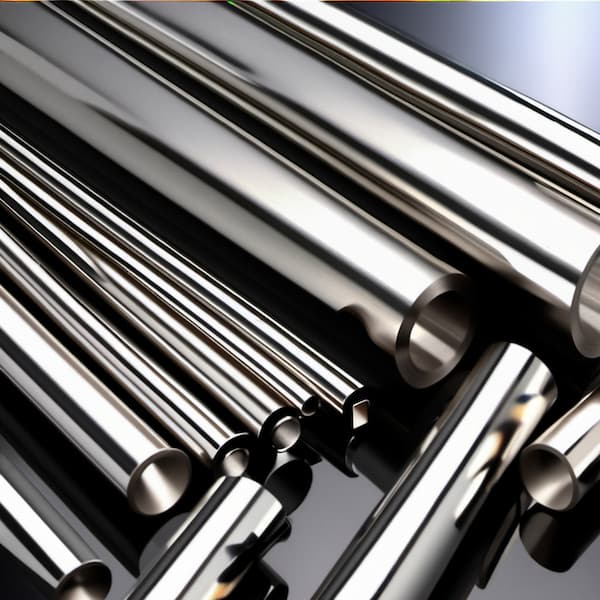The Versatility of 440C Stainless Steel
In the realm of precision alloy services, 440C stainless steel, specifically AMS 5630 and ASTM F899 grades, is highly regarded for its exceptional strength, wear resistance, and corrosion resistance. This remarkable alloy has found its place in various industries, ranging from cutlery and bearings to medical instruments and aerospace applications. In this blog post, we will delve into the fascinating properties and applications of 440C stainless steel, shedding light on its versatility and the vital role it plays for Precision Alloy Services.
Understanding 440C Stainless Steel:
440C stainless steel is a high-carbon martensitic stainless steel known for its excellent hardness, wear resistance, and corrosion resistance. It derives its name from its composition, which includes approximately 1% carbon, 17% chromium, and trace amounts of other elements such as manganese, silicon, and molybdenum. These elements contribute to the alloy’s remarkable properties, making it an ideal choice for precision alloy services.
Exceptional Mechanical Properties:
One of the key advantages of 440C stainless steel is its outstanding mechanical properties. With a high carbon content, it offers exceptional hardness and wear resistance. This makes it well-suited for applications that require cutting, grinding, or heavy use such as knives, bearings, and valve components.
440C stainless steel also exhibits good toughness, which allows it to withstand shock and impact without experiencing brittle failure. This property is particularly valuable in applications where strength and toughness are critical, such as surgical instruments and high-end tooling.
Corrosion Resistance:
440C stainless steel boasts excellent corrosion resistance, especially compared to other martensitic stainless steels. Its high chromium content forms a protective oxide layer on the surface, providing resistance against corrosion in various environments, including mild acids, freshwater, and atmospheric conditions. However, it is important to note that 440C stainless steel is not as corrosion resistant as austenitic stainless steels.
Applications of 440C Stainless Steel:
The remarkable combination of mechanical properties and corrosion resistance makes 440C stainless steel highly versatile in a wide range of applications.
In the cutlery industry, 440C stainless steel is highly sought after for high-end knives, blades, and surgical instruments. Its exceptional hardness, wear resistance, and ease of sharpening make it a preferred choice for professionals and enthusiasts alike.
440C stainless steel is also extensively used in bearing manufacturing. Its high hardness and corrosion resistance make it ideal for applications that demand durability and long service life, such as ball bearings and roller bearings.
In the medical field, 440C stainless steel is employed in surgical instruments and implants. Its biocompatibility, combined with its strength and corrosion resistance, makes it a reliable material for implants, bone screws, and dental tools.
Additionally, 440C stainless steel finds applications in the aerospace industry, where its strength, wear resistance, and corrosion resistance are highly valued in critical components such as turbine blades, aircraft bearings, and landing gear parts.
440C stainless steel, with its exceptional mechanical properties and corrosion resistance, has established itself as a versatile material in precision alloy services. From cutlery and bearings to medical instruments and aerospace components, the applications of 440C stainless steel continue to expand. The alloy’s hardness, wear resistance, and corrosion resistance make it a reliable choice for a wide range of industries. As precision alloy services continue to evolve, 440C stainless steel will undoubtedly remain a vital material, contributing to the advancement of engineering and manufacturing in various sectors.

